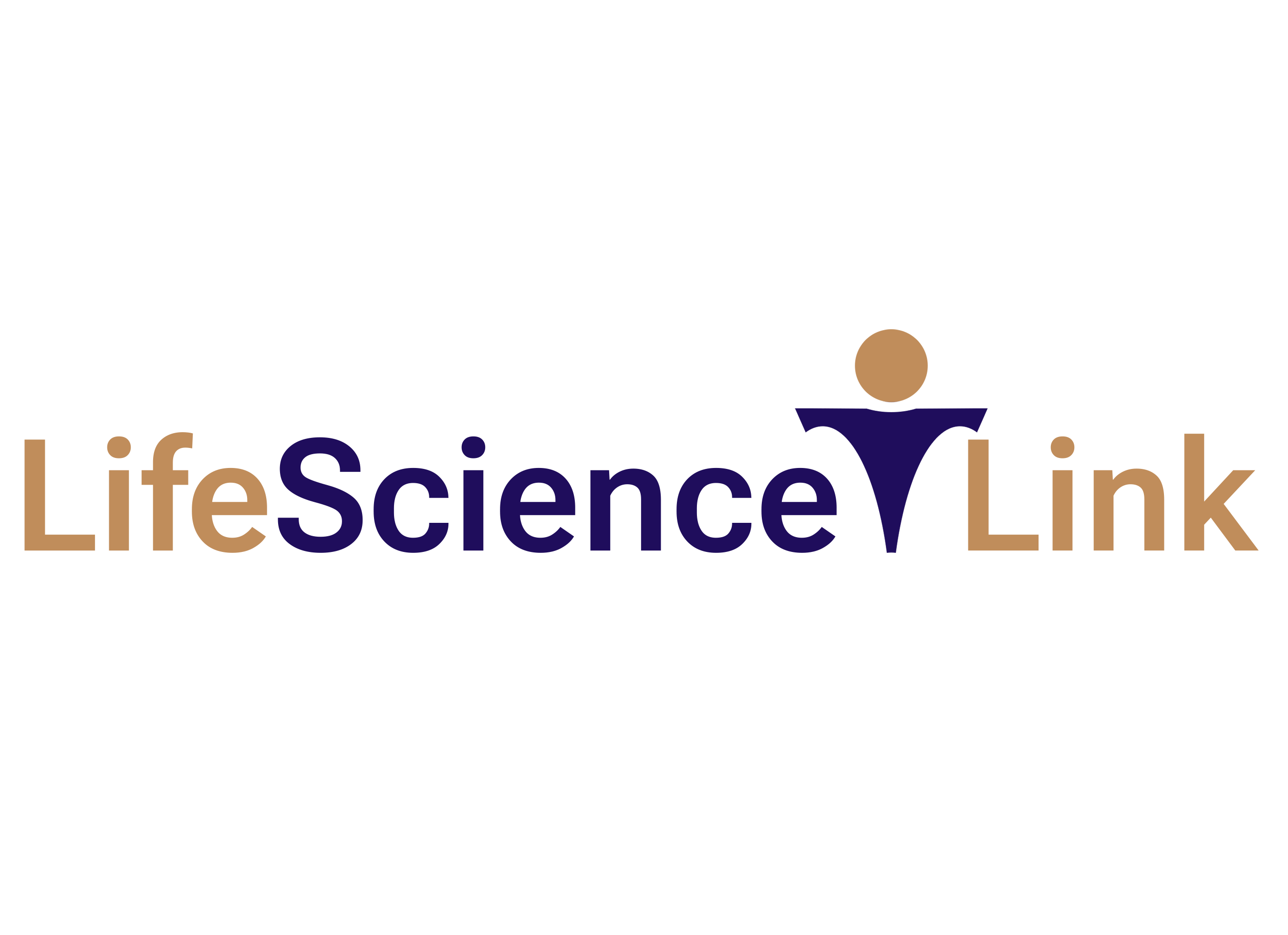Time Management and Organisation in Life Sciences


Turning Chaos into Clarity
How do you juggle a clinical trial’s deadlines while ensuring every detail is flawless? In life sciences, where accuracy, compliance, and time-to-market are non-negotiable, time management and organisation are as critical as technical expertise. Strict deadlines, cross-functional dependencies, and regulatory checkpoints mean that poor planning can lead to missed milestones, budget overruns, or project failures. Success hinges on professionals who master complexity with precision—tracking every detail, meeting every deadline, and aligning tasks with broader goals.
Why It Matters in Life Sciences
Life sciences professionals balance a whirlwind of responsibilities: coordinating clinical trials, preparing regulatory submissions, overseeing lab operations, and managing documentation workflows. Time isn’t just a resource—it’s a strategic asset. Effective time management determines whether a trial stays on schedule, a filing meets a deadline, or a lab runs at peak efficiency. For example, a delay in submitting a regulatory dossier can push a drug’s approval back by six months, costing millions.
Organisation goes beyond tidy calendars. It’s about building systems to prioritize competing tasks, track deliverables, and spot risks early. Strong time management ensures teams thrive under pressure while maintaining quality and compliance, turning chaotic workflows into streamlined successes.
Building a Culture of Reliability
Top performers in time management break complex projects into actionable steps, maintain meticulous records, and communicate proactively about obstacles. They adapt their planning to regulated environments, where audit trails, documentation, and version control are critical. For instance, a clinical trial coordinator who efficiently schedules patient visits, syncs with sites, and updates protocols isn’t just saving time—they’re ensuring data integrity and compliance. Similarly, a regulatory affairs specialist with an organized dossier process can shave weeks off submission timelines.
For CandidatesHow to Showcase Your Skills
Employers value candidates who prioritize effectively, work independently, and keep projects on track. Stand out by sharing examples like:
- Managing overlapping deadlines, such as coordinating trial data collection while preparing a report.
- Using tools like Trello or Asana to organize tasks, ensuring no deliverable is missed.
- Anticipating delays, like flagging a supply chain issue before it halted a study.
In interviews, describe a time you turned a chaotic project into a success—like restructuring a lab’s workflow to meet a deadline. Highlight familiarity with tools like Microsoft Project or SOP-driven processes. Even small habits, like sending clear meeting agendas, show your organizational prowess. Practice the Eisenhower Matrix to prioritize tasks and boost your efficiency.
For EmployersHiring for Precision and Resilience
Hiring organized, time-savvy professionals delivers measurable results:
- Fewer delays: Effective planners cut trial timelines by up to 20%.
- Lower costs: Streamlined workflows reduce budget overruns by 15%.
- Stronger compliance: Organized teams are 30% more audit-ready.
- Better coordination: Clear task tracking improves team alignment by 25%.
Ask candidates: “How do you handle conflicting deadlines?” or “What system ensures your work stays accurate under pressure?” Their answers reveal their ability to navigate complexity. A biotech director notes, “We need people who don’t just meet deadlines—they make the whole team faster.”
LifeScience-Link’s Perspective
At LifeScience-Link, we know every successful life sciences project rests on professionals who manage time and expectations with precision. Our recruitment process identifies candidates who bring discipline, foresight, and systems that drive efficiency—not just for themselves, but for entire teams. In an industry where every hour impacts outcomes, structured execution is a game-changer, and we connect clients with talent who make it happen.
